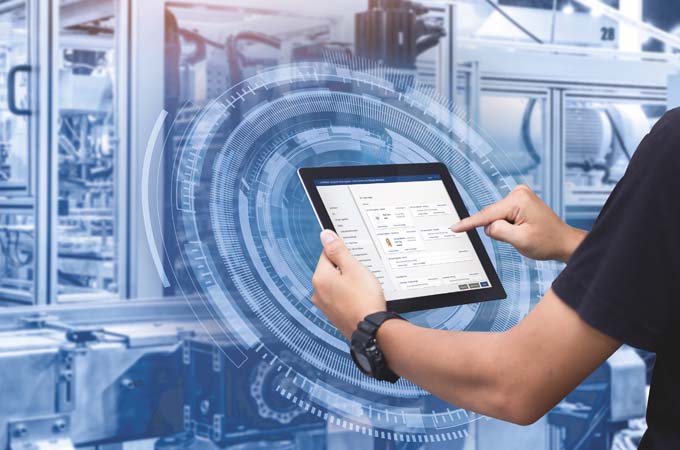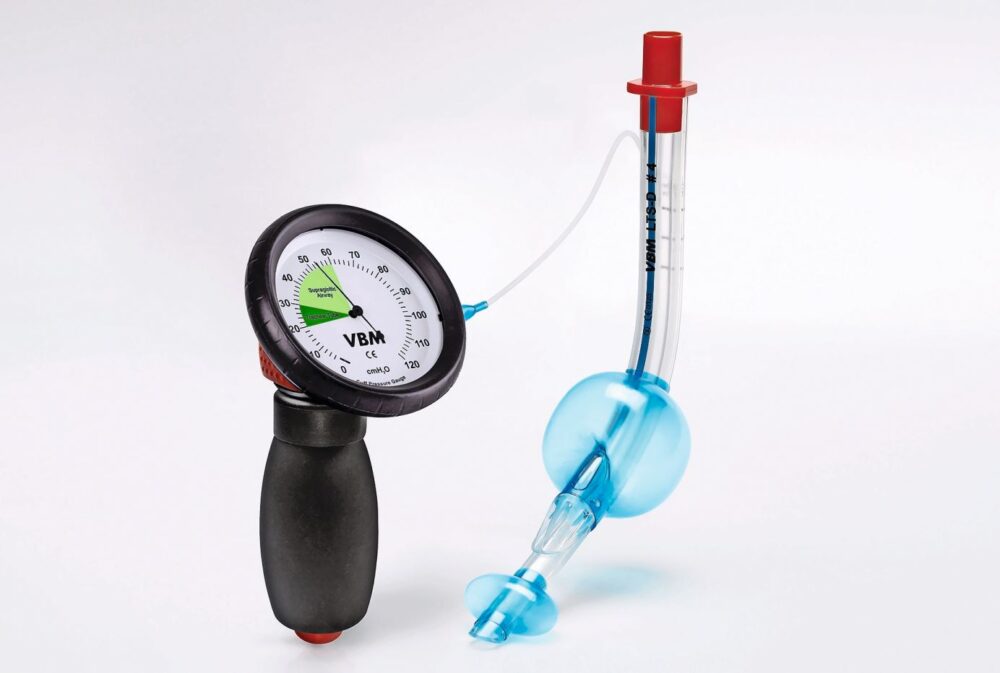How Computer-Aided Quality optimizes production
Today, efficient quality management is no longer possible without digital tools. But computer-aided quality is not just a question of software. It is also about understanding digitized processes. What are the requirements? An overview.

Digitalization and efficient quality management in industry require more than digital technologies. Companies that want to use them to optimize their costs and production must start thinking in terms of digital processes. In addition, the supply chain in industrial companies does not end at the factory gate. Before a product reaches the end customer in the desired quality, numerous suppliers often contribute components. In addition to internal workflows, external workflows with suppliers and, in the final stage, with customers are also the norm. Computer-aided quality (CAQ) as a cross-plant quality management solution simplifies such processes enormously. What an intelligent CAQ application can do today can be explained using the workflow-oriented software developed by Fabasoft Approve for data and document management in industry.
What Computer-Aided Quality must achieve today
With computer-aided quality assurance in incoming and outgoing goods inspection or document, complaint and test equipment management, innovative production companies can digitize essential processes from start to finish, across multiple plants. A CAQ system fulfills the following important requirements in terms of optimized quality management:
- Bring together quality-relevant information: CAQ establishes a cross-plant connection of essential quality-relevant information. This includes, for example, different ERP data such as technical documents or contractual agreements.
- Engage all relevant stakeholders: Both internal and external partners are integrated into cross-company quality management processes in accordance with their access authorizations. A shared data environment enables location-independent access to documents and at the same time meets the highest requirements in terms of data protection and security.
- Integrate and consolidate data: Especially for large, globally operating companies, the support of a CAQ system is indispensable. This aggregates data from different plants and collects it on one platform. This allows companies to standardize their quality processes.
- Flexibly carry out modifications: No two industrial operations are the same. Especially those who manufacture specialized and individual products depend on the fact that digital workflows can be modified at any time. A CAQ environment should therefore ideally be flexible enough to adapt to changing internal requirements at any time.
An issue for SMEs in particular
"With a CAQ system, small and medium-sized companies as well as global corporations can take their quality management to a whole new level. For example, our customer Siemens Energy has now digitized quality-relevant processes along the entire value chain at 14 locations in eight countries," explains Andreas Dangl, Managing Director of Fabasoft Approve GmbH, a European software provider for technical data and document management in industry. "As a specialist for industrial solutions in the power generation and transmission segment, which are also installed in critical infrastructures, quality assurance is essential for Siemens Energy. Our CAQ system actively integrates suppliers into quality management. As a result, Siemens Energy benefits from an increase in the quality of individual components as well as overall products."
Source and further information: www.fabasoft.com/approve









